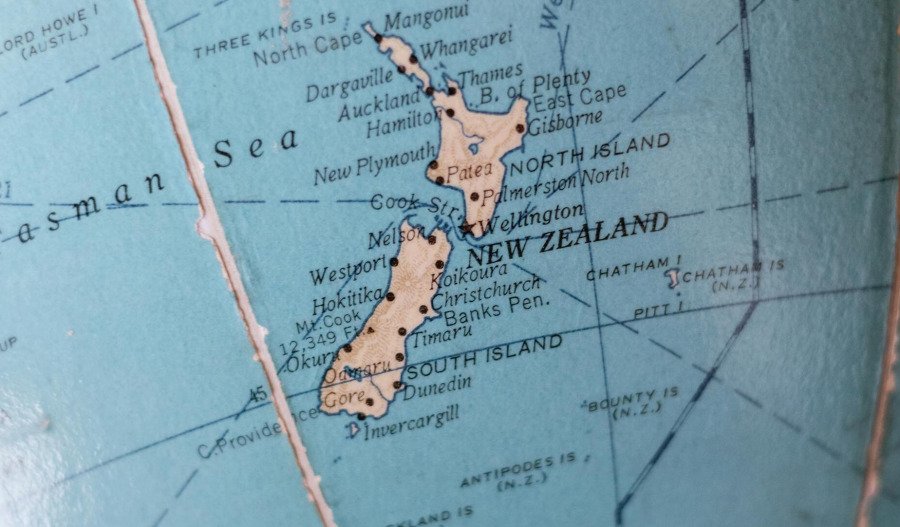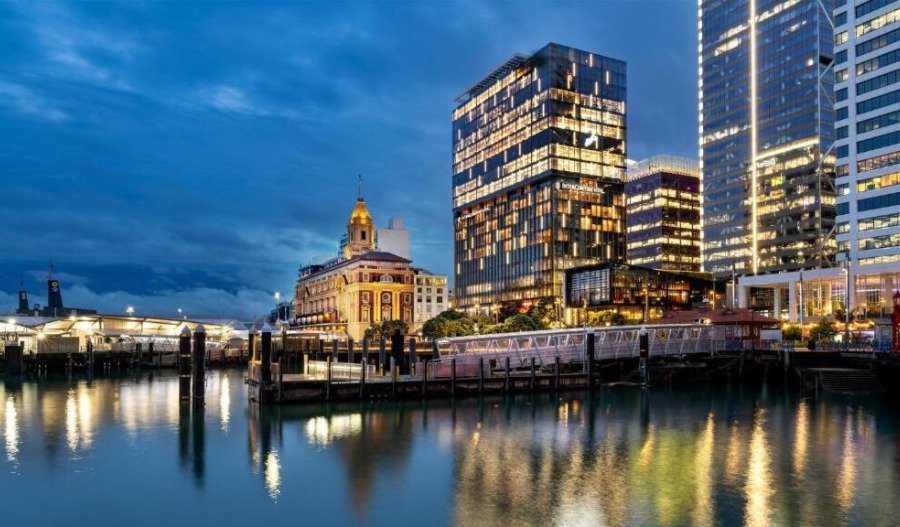New Zealand’s luxury home demand is about to rise as wealthy Hong Kongers and mainland Chinese become top applicants for the country’s golden visa program.
The golden visa, also known as the Active Investor Plus (AIP) program restarted in April and was designed to incentivise wealthy migrants to invest in New Zealand.
As of 28 May, Greener Pasturers New Zealand said the program had received over 100 formal applications, representing an estimated NZ$600 million in committed capital to be deployed across New Zealand’s private sector. The number of applications has now jumped to nearly 200.
The top sources are from the U.S., China and Hong Kong.
While investing in residential property does not qualify applicants for the scheme, it does allow them to reside in New Zealand and buy their own property.
“Almost any number of new high-net-worth individuals buying homes in New Zealand will have a significant impact on the country’s relatively small land and luxury home markets,” said Kashif Ansari, founder and group CEO of real estate broker Juwai IQI.
“They will be buying houses in premium suburbs and land for large estates.”
Overall, median prices in New Zealand have steadied while the luxury housing sector has faced a downturn, with the average high-end market value dropping by NZ$370,000. Some areas have even experienced declines exceeding NZ$500,000.
With 100 applications already approved, if even a quarter of them were to buy houses it would move the market, Ansari told the South China Morning Post.
“That would mean 25 luxury property purchases added to a market in which there are typically just 10 to 30 sales of NZ$10 million [US$6 million] or more per year,” Ansari said.
Ansari said it will have a similar impact to Australia’s Significant Investor Visa, and he said it is expected to have a focused and narrow impact.
“Home purchases will be limited to land for rural estates and to houses in the best neighbourhoods and near the best schools and amenities,” he said.
“The middle market and other locations won’t see any impacts.”



